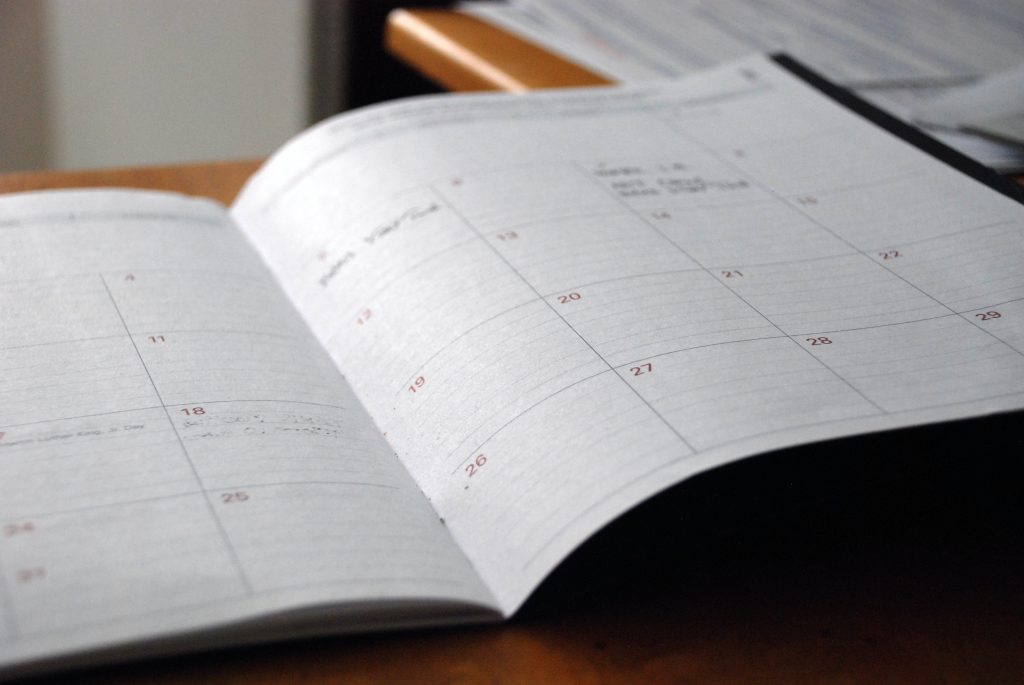Many of us often wonder what a day of a Member of Congress actually looks like. What exactly are their duties? What meetings do they attend? How do they help create a legislature that influences our daily lives, and why does their individual action even matter?
As every vote we cast directly shapes the future, understanding the perspective and raising awareness of Congressman’s workflow is an important step towards better civic engagement.
Dynamic Schedule
The recipe for a successful day in the life of a Congressman involves a variety of high-intensity tasks such as legislative work, described best as introducing proposals in Chamber sessions or non-legislative activities known as constituent services.
But that’s far from all. After those crucial parts, additional political work comes, including preparation or attending campaign events, press, and media communication to share announcements and enhance the personal image – all between fitting in personal and family time.
So what links all the duties together? It’s their unpredictable nature, dynamic structure, and fast-paced workflow. It requires maintaining the balance between meeting tight deadlines with bills, drafts, and constant travel while maintaining availability for work-related events such as fundraisers.
Managing the Day in the District
The most time-consuming activity in a Congressman’s District is their constituent services. They spend time catching up with local news and upcoming events, responding to emails, and scheduling meetings with local representatives.
During this time, they also work on constituents’ requests. This particular part includes analyzing internships programs, going through nonprofit organization grants, or assisting in citizenship and immigration matters. It’s all about responding to citizens’ needs and resolving their most pressing issues.
Outlining a Day in a House Session
Arriving in Washington, D.C., to participate in the House of Representatives session is all about legislative and policy work. Within those duties, Congressmen are preparing for meetings, attending committee hearings, as well as voting for (“Yea”) or against (“Nay”) legislations introduced by other Members.
To demonstrate this theoretical side, here’s an example. At the end of July, the bill authorizing major medical facility projects for veterans passed through the House by 413 Representatives voting for vs. 7 against, alongside 10 defined as “not voting”. After that, it took only two days to finalize the Presidential approval and put the bill into execution.
A day in Congress has a slightly different definition from voters’ days. To be precise, a standard calendar day ends when the clock strikes midnight. Nothing confusing, right? Setting up a date on which legislature might be voted for – not a problem.
But what if the introduced bill will be discussed relentlessly for hours with a decision nowhere in sight? Will it simply be prolonged or rescheduled? Here is when the definition of the legislative day comes in. We can define it as the period between announced recess and the next adjournment of the Chamber when the topic of the proposed resolution will be finalized. This means one legislative day can last even a couple of calendar days before the House will pass the debating bill.
Interesting facts
According to research, the typical working day of a Congressman lasts approximately 10 hours, but this number can stretch when the Chamber is in session. At this time, working weeks can last up to 11 hours more than the typical ones spent in the local District. The same report also suggests that 95% of House Representatives state their work provides them a high sense of personal accomplishment.
At this point, the controversial phenomenon of lobbying might be worth mentioning. This term stands for all attempts to influence the Congressional decision-making processes made directly or indirectly by individuals, businesses, charities, or trade unions. This way, lobbyists can express their opinions and share recommendations with a Member of Congress regarding favored legislative proposals. In its questionable moral nature, lobbying is fully legalized political persuasion that has been examined by court and declared constitutionally protected freedom of speech.
The most significant responsibility of every Congressman is to be heard in the House of Representatives as a strong voice, speaking on behalf of voters. It is to help address their needs and issues through bills and resolutions. Overall, the Congressman’s prime interest should be building a better future for their voters.
Your voice is a powerful resource – know more, vote better.

